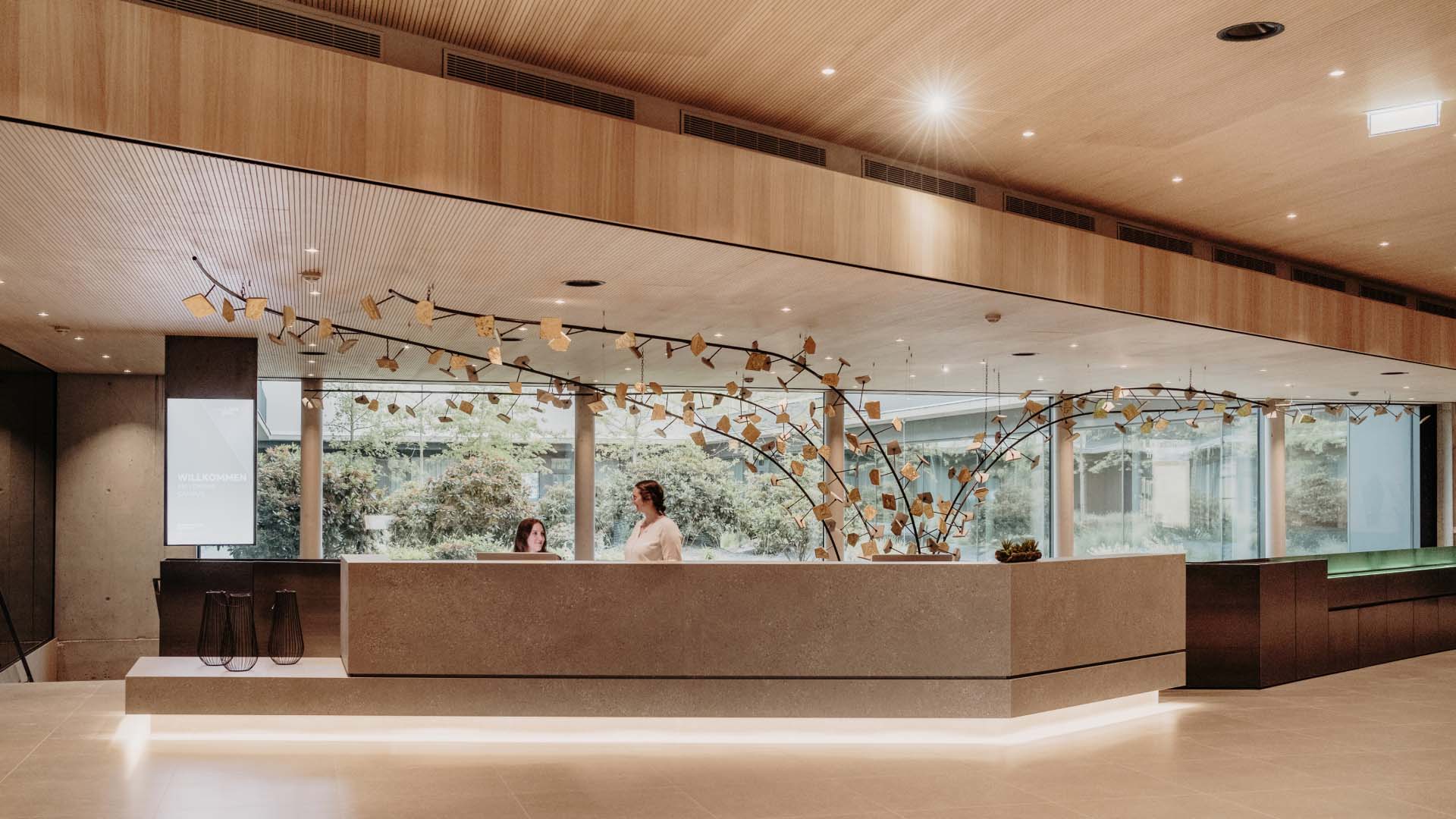

Our Tips for the Perfect Lighting Design
Reading Time
Date
5 minutes
30. May 2024
Lighting holds immense potential in shaping the ambiance and aesthetics of a space. A well-crafted lighting design is pivotal in elevating the overall atmosphere and appeal of any structure. In this blog, discover key principles for achieving impactful lighting designs.
How to put every building in the right light
Lighting plays a pivotal role in enhancing the comfort, ambiance, and productivity of every room! A key principle to keep in mind when designing your lighting scheme is to incorporate three distinct light sources. This approach fosters contrasts and sets the mood for a captivating atmosphere.
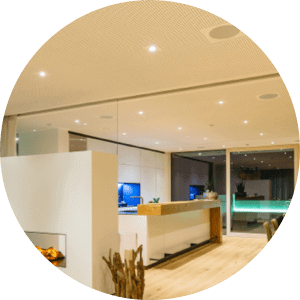
Task & ambient lighting
For perfect task and ambient lighting, we recommend using light sources that can be varied in brightness and offer smooth, continuous dimming. Particularly suitable here are LED Spots or the LED Ceiling Light.
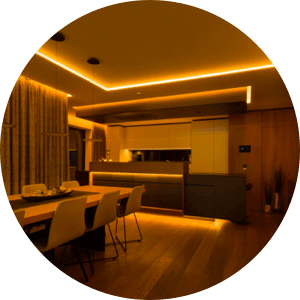
Indirect lighting
Backlighting is when a light source indirectly illuminates the room. An elegant solution for this is LED Strips, which can be installed behind furniture or in a suspended ceiling to add an impressive wow factor to the space.
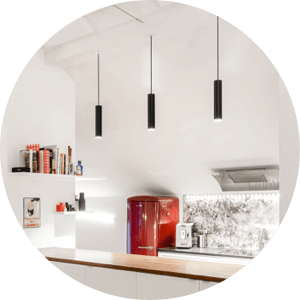
Accent lighting
To round off your lighting design, we recommend using luminaires that stand out, such as the Pendulum Slim. The pendant luminaires act as specific accent lights, creating so-called islands of light and direct the eye to certain areas – at the same time, they also have a sleek stylish design.
Lighting design made easy
When it comes to lighting design, a common initial query is: ‘How should I space out the LED spotlights in the ceiling?’ Establishing the ideal distance for ceiling spots begins with considering the room’s height. For a standard ceiling height of 2.6 meters, we suggest placing approximately 2 Loxone LED spots per 5 square meters. This setup guarantees consistent and ample lighting throughout the area.
How to use built-in presence sensors
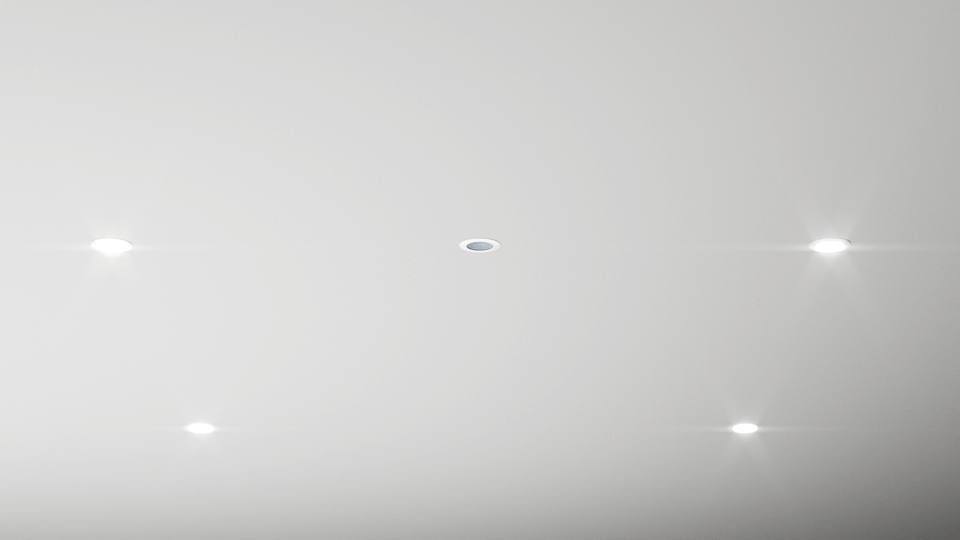
Impressive residential and commercial lighting
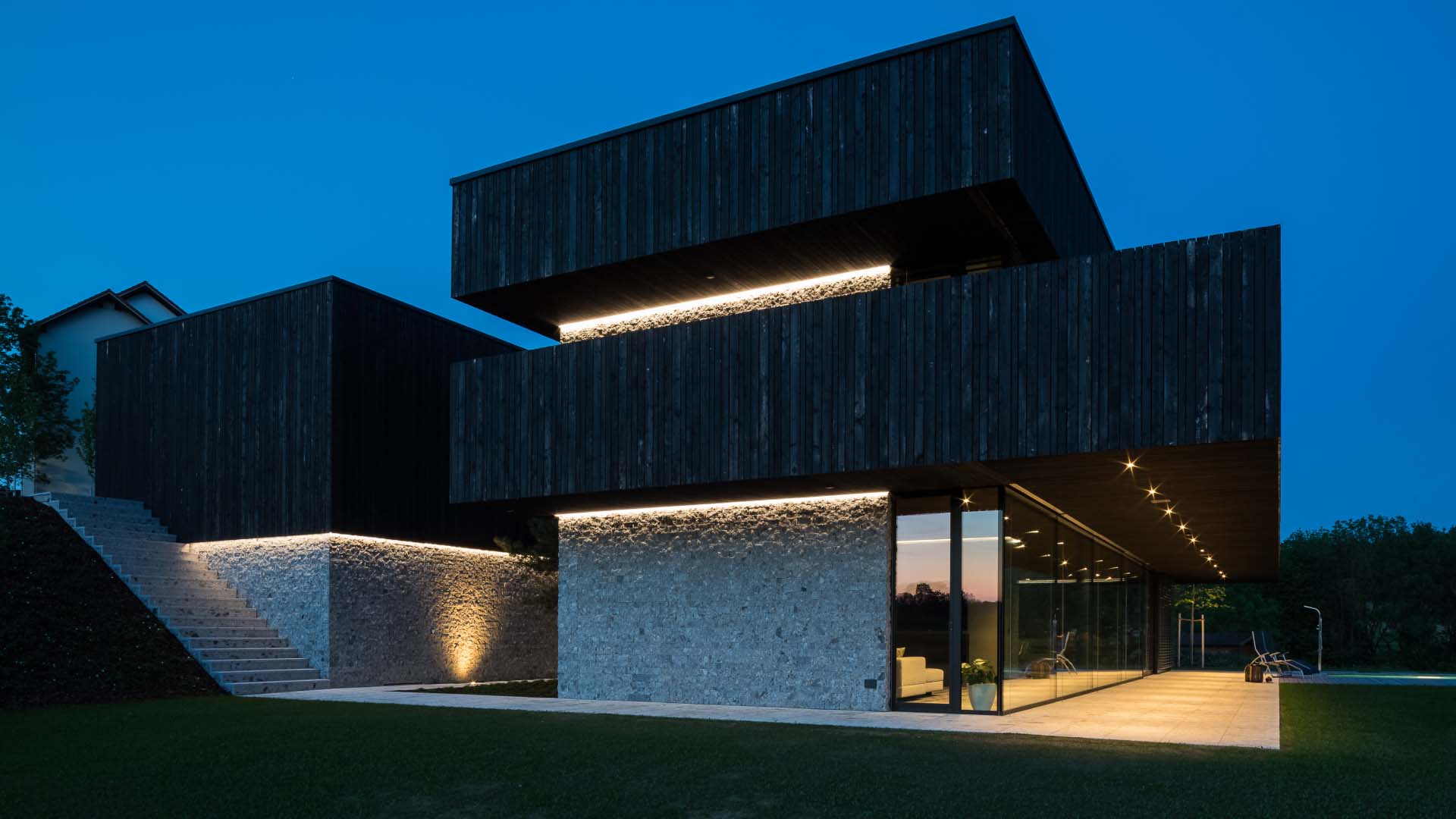
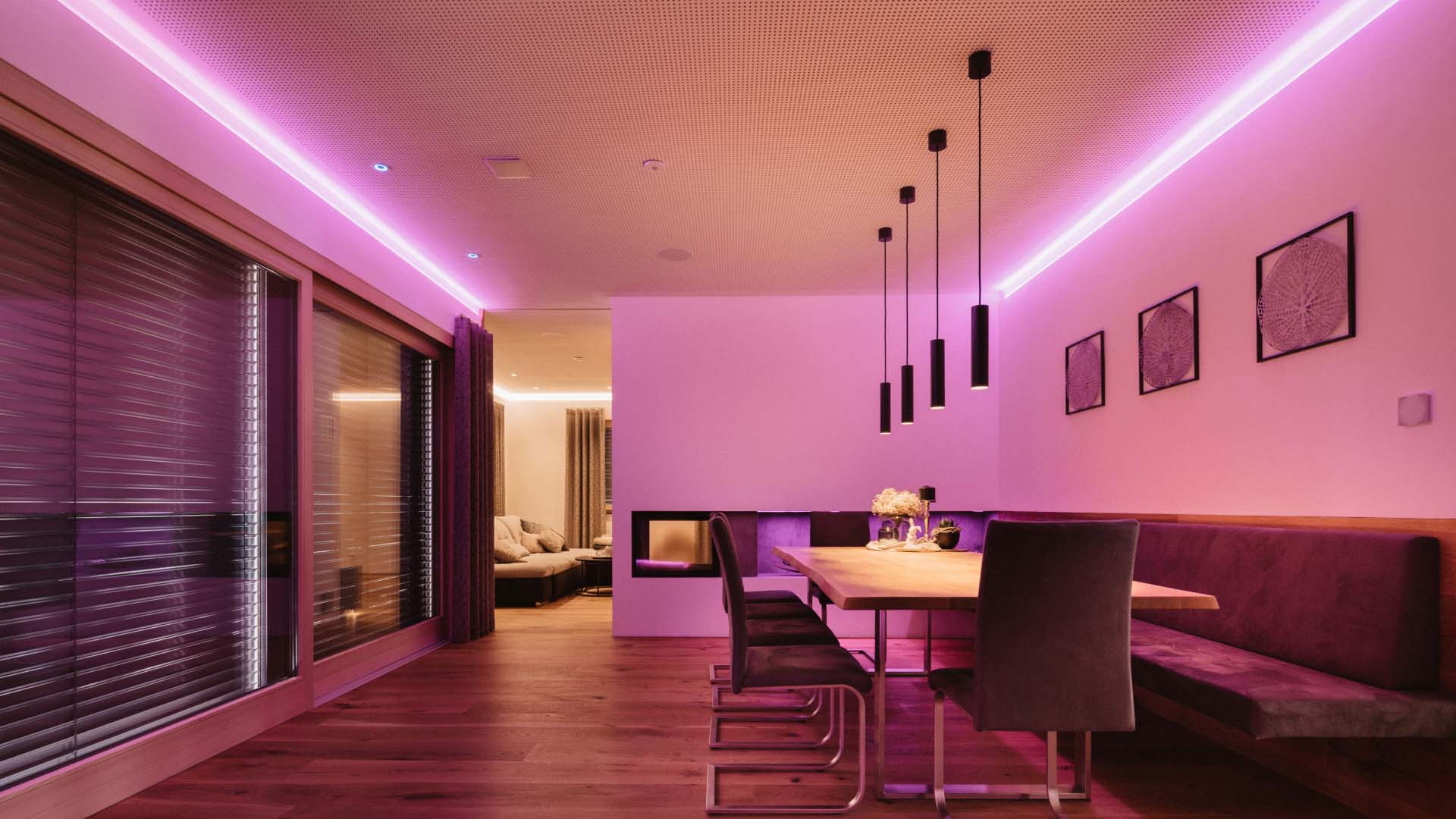
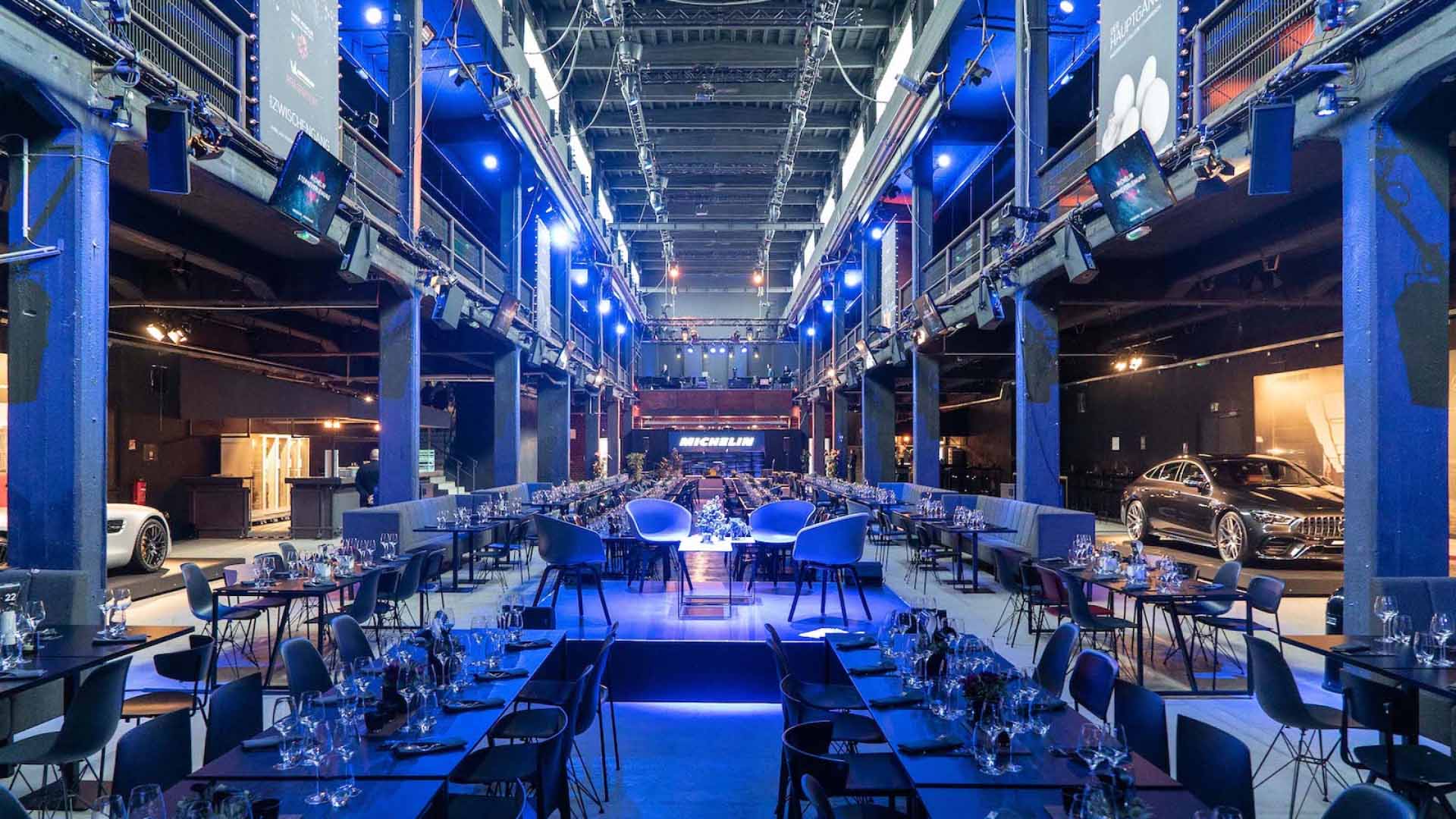
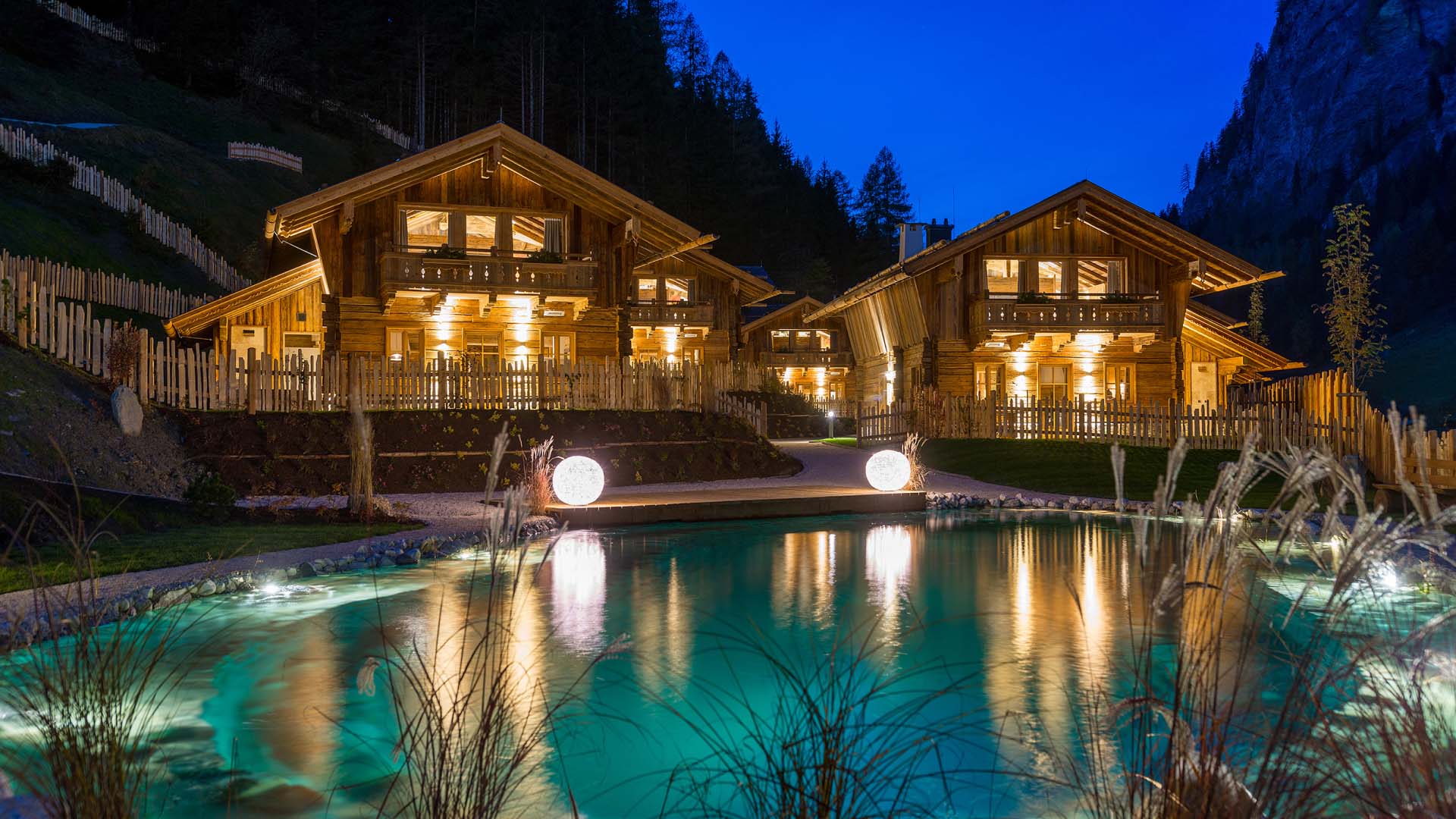
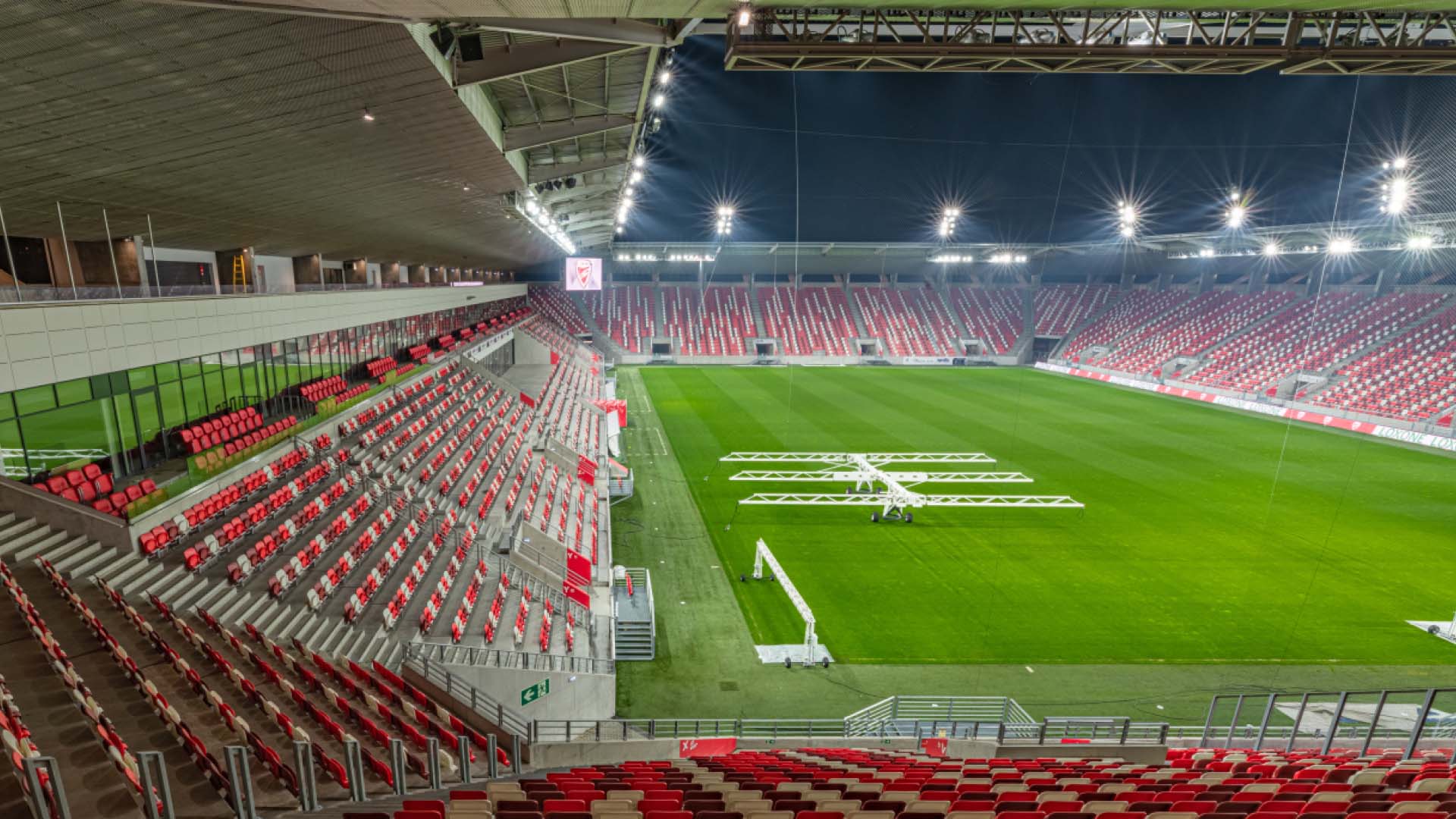
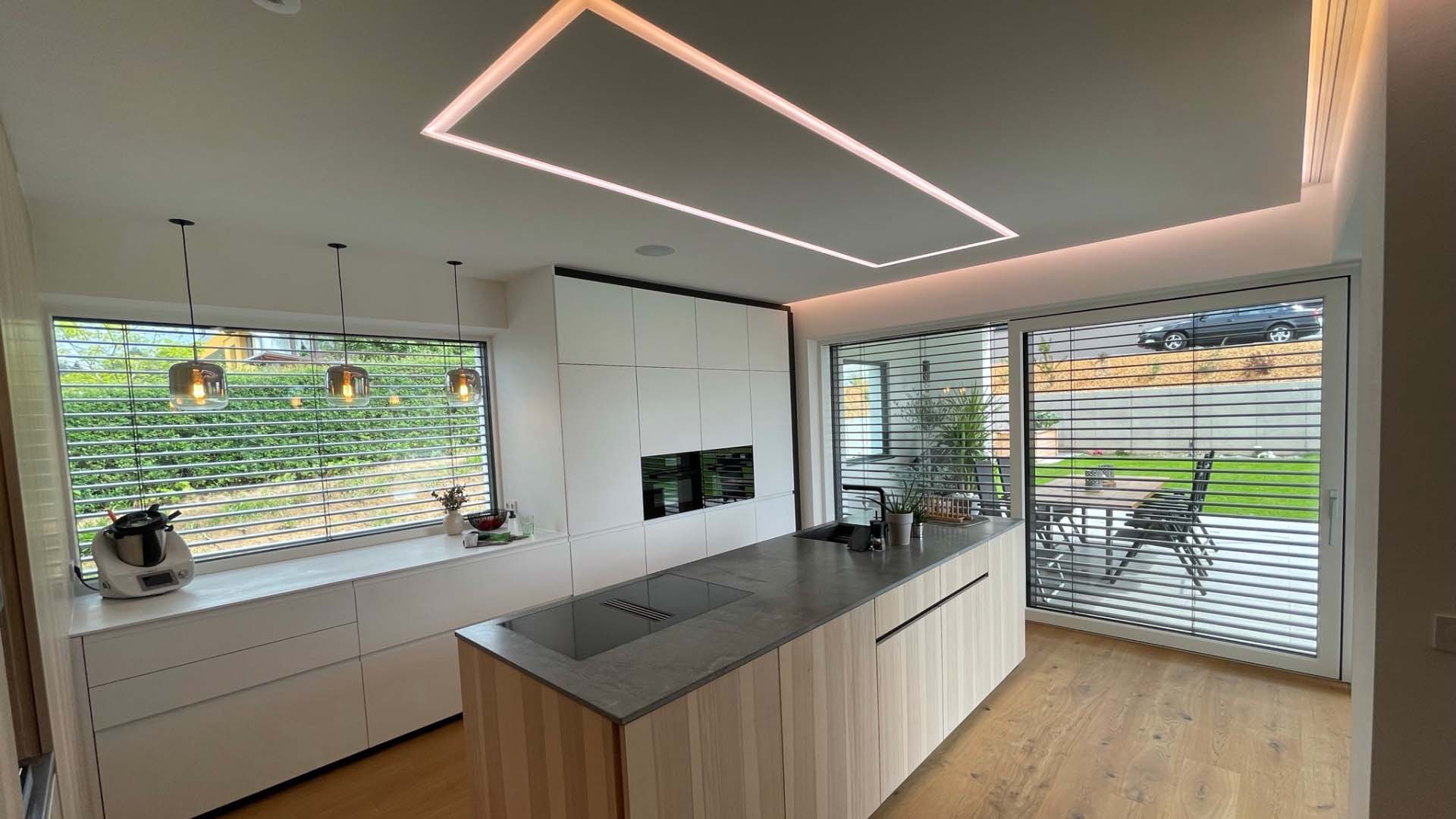
The most important terms for lighting design
Illuminance (lux)
Illuminance lux is used to measure how much light from the light source reaches a specific point.
Luminous flux (lumen)
Luminous flux means how brightly the light source shines. What the number of watts used to be for light bulbs is now the lumen value.
Dimmability
Dimmed light makes the room more cozy, is easier on the eyes and helps you save energy. Make sure that your light source is dimmable; you will find this information on the packaging.
Color Temperature (Kelvin)
The light color provides information about the color temperature. Color temperatures up to 3,300K are regarded as warm white, from 3,300K to 5,300 K as neutral white and from 5,300K as daylight white.
Color rendering (Ra)
The color rendering index indicates how naturally colors are reproduced. The higher this value, the more natural the colors are. For indoor lighting, we recommend light sources with a color rendering index of at least 80 Ra.
Beam angle
The beam angle determines which area is illuminated. For warm white light, for example, a beam angle of approx 35° is sufficient. For colored light, we recommend a beam angle of at least 100°, as the light interlocks and colored light can be better reproduced.
Energy label
The energy label helps you to assess the energy consumption of the light source. We recommend at least level D (new label). The current scale of energy efficiency classes goes in 7 steps from A to G.
Simple operation of your lighting
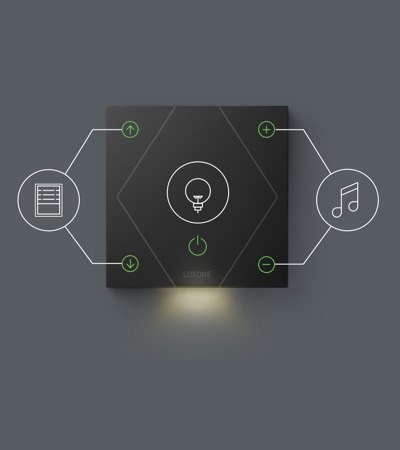
Fewer buttons, more clarity
Loxone automatically adjusts and changes lighting as planned to do so but should you want to intervene manually you can at any time through a switch. However, despite the wide range of options for switches they can be over complicated with a bank of buttons to control the different lighting circuits… but we believe operation should be as simple as possible allowing anyone to work the switch. For this reason, we have developed the Loxone Switch Standard
(depicted in the diagram).



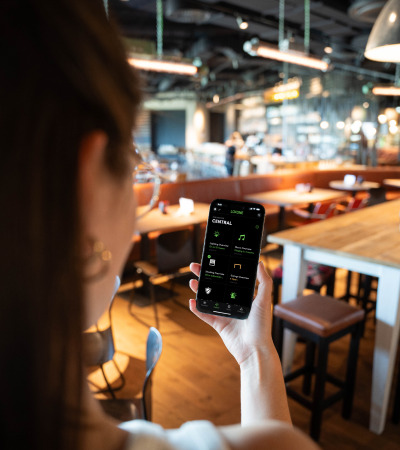

One App for everything
With the free Loxone App the entire functionality of the building is in your hands. Control your lighting at any time from anywhere. Easily adjust lighting scenes, brightness or lighting colors with just a few clicks.
Interested?
If you have any questions, contact us or become a partner in under two minutes by registering directly - all by yourself!
Do you have any questions?
Feel free to contact us. Our expert advisors will be more than happy to help!
Become a Loxone Partner
Become a Loxone Partner in just 2 minutes - without any risk or hidden costs!